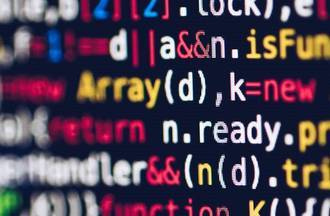Machine Learning Algorithms and Police Decision-Making
RUSI partnered with the University of Winchester in September 2018 to conduct research into the application of machine learning algorithms to police decision-making.
This project aimed to critically assess the use of machine learning algorithms for policing, and provide practical recommendations to contribute to the fast-moving debate on policy and governance in this area. In particular, the project examined the legal, ethical and regulatory challenges posed by the deployment of such tools in an operational policing environment.
Much of the content of the final report is based on the proceedings of a half-day conference and a series of focus groups held at RUSI in May 2018, organised in partnership with the Centre for Information Rights at the University of Winchester. Attendees included policymakers and practitioners from across government, law enforcement and the wider criminal justice system, as well as academic and legal experts and private sector representatives.
Project team
Alexander Babuta
Professor Marion Oswald MBE
Senior Associate Fellow
Christine Rinik, Senior Lecturer in Law, University of Winchester
Aims and objectives
Despite a growing body of research examining the use of algorithms for policing and the associated legal and ethical challenges, there remains considerable uncertainty around how a future policy framework should operate in practice. The purpose of this project was to work towards bridging this gap between research and policy formulation. The project sought to critically assess specific multidisciplinary issues around the use of algorithms for policing, and provide practical recommendations to contribute to the fast-moving debate over policy and governance in this area. Specifically, the project aimed to provide an overview of the legal, ethical, regulatory and practical challenges around the use of algorithmic decision-support tools within policing, and to provide recommendations focused on enabling controlled testing and appropriate innovation with such tools within a regulated framework.
Project output
Access the publication produced as the main output of this project.






